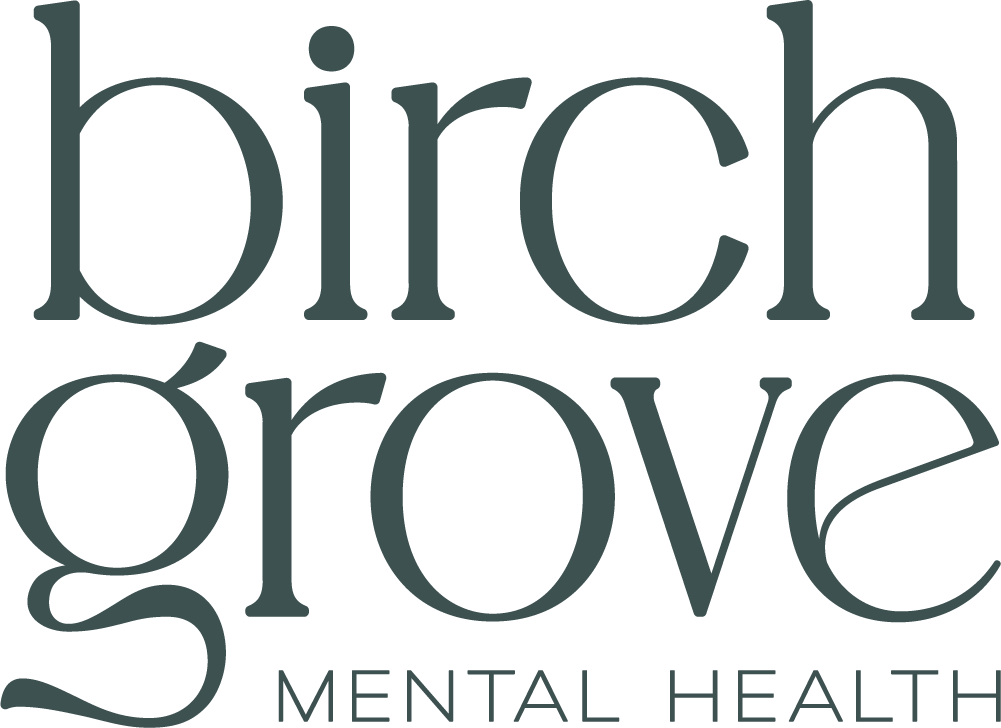Anxiety is overwhelming enough without the added concern of dependency on medication. New patients coming to the practice frequently ask for fast, effective, non-addictive relief from their anxiety… usually expressing concern about long-term reliance on habit-forming drugs. The good news is there are several anxiety medication options that can ease anxiety without the risk of addiction.
With non-addictive options, why are addictive medications still prescribed?
Despite the risk of dependency, addictive medications (e.g. benzodiazepines) are still prescribed for anxiety in certain cases because they can be incredibly effective at rapidly reducing severe anxiety symptoms.
Benzodiazepines work by enhancing the effects of a neurotransmitter (GABA) that calms brain activity. These medications provide immediate relief for acute anxiety, panic attacks, or short-term crises where managing the symptoms is of highest priority, on the extreme side of the scale.
As you may know, they are not great for long-term use as tolerance to the medication can build quickly, leading to dependency if not managed and closely monitored. That’s why Benzodiazepines have limited use cases or are sometimes prescribed in conjunction with non-addictive medications, therapy, and lifestyle modifications to ensure sustained management of anxiety. These medications have their place in the treatment of anxiety and come with risk that require high levels of management.
Exploring Non-Addictive Anxiety Treatments
Non-addictive medications offer a long-term approach to treating your anxiety, prioritizing stability without risk of dependency or withdrawal symptoms. These medications work differently than benzodiazepines, providing gradual relief over time, rather than immediate relief.
Anyone who has anxiety knows well the desire to escape the anxious state as quickly as possible. Patients seeking immediate relief but don’t fit an extreme case of anxiety can sometimes be frustrated by the gradual nature of the medication’s effects. It’s critical to hang in there and use your provider as a sounding board. With time, non-addictive medications in conjunction with lifestyle changes and the development of coping skills will offer you a good level of relief.
How Do Non-Addictive Medications Work?
Instead of directly influencing the brain’s reward system (like addictive drugs), non-addictive anxiety medications work by tinkering with your brain’s neurotransmitter outputs over time. The general effects are mood stabilization, reduced anxiety and worry, and improved emotional resilience (all things we can all use).
The effects of the medications may take days or sometimes weeks to become noticeable. But most often, within some time, sessions turn toward discussion of improved symptomology and a more relaxed day-to-day; these are great days for the patient and provider alike.
Key Benefits of Non-Addictive Anxiety Medications
- Long-Term Stability – The selection of non-addictive medications helps maintain balanced mood regulation, reducing both the frequency and severity of anxious episodes.
- No Withdrawal – Stopping non-addictive medications does not cause intense withdrawal symptoms or cravings.
- Safe for Daily Use – May be taken regularly without the need to manage dosage increases resulting from tolerance buildup and decreasing medication effectiveness
- Complement Other Treatments – Non-addictive options work well alongside talk therapy, lifestyle changes, and stress-management coping skills and techniques.
At Birch Grove Mental Health, we prioritize treatment plans that are minimally intrusive and free from unnecessary dependency, always tailored to support your unique goals and well-being.
